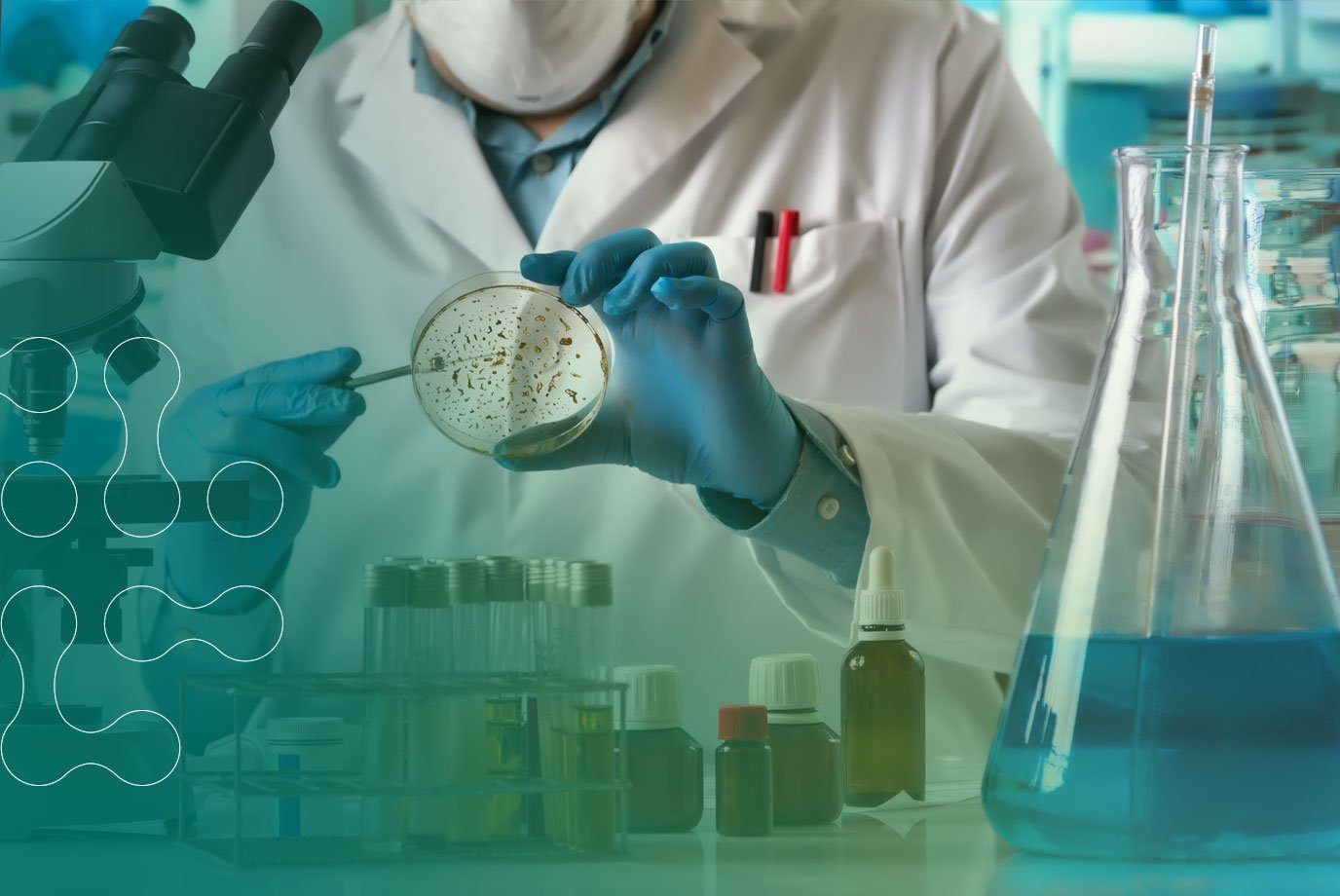With an abundance of sanitiser, disinfectant and cleaning products available nowadays, the question may seem straight forward. However, there is a major difference between when you clean and disinfect a surface.
There is a significant case for cleaning in its own right – although standard cleaning products will not normally kill bacteria, they will often remove a large number of them, reducing the microbial load, and this is perfectly sufficient for many areas of the home.
The case for using a biological range of cleaners, rather than standard products, is that you have the advantage of populating the area with a healthy microflora of beneficial bacteria, which break down organic matter and reduce odours over an extended period of time.
This leads us to ‘disinfectants’. Although many reputable brands create effective disinfectants and work to strict regulations, there are several issues with misuse which can cause them not to work, including:
- Concentration – Using them at lower than recommended concentration can render the exercise pointless.
- Suitability – Most disinfectants are poor cleaners and several popular ones, such as bleach or QACs (quaternary ammonium compounds) are made inactive by organic matter, i.e. dirt. So, unless you are very careful about the product that you choose, disinfecting a dirty area may be useless. We recommend cleaning prior to disinfection, unless the product genuinely has both modes of action.
- Time – Something people often do not realise is that disinfectants take time to work. This should be stated on the label and, although kill can occur in a few seconds, standard testing time is five minutes. It is generally thought that a surface must remain “visibly wet” for bacterial kill to occur. So, read the instructions, a quick once over may not be as effective as you think.
The risk of misusing disinfectants doesn’t stop there. There is some evidence that misuse, caused by any of the above reasons, can result in a selection of bacterial strains with increased resistance to disinfectants and also, potentially, to antibiotics. Although the real-life significance of this is unclear, any practise that risks or results in the reduced effectiveness of antimicrobials is a bad idea. Especially considering that this is already a prominent issue for the health service.
For these reasons we should certainly be asking “Do I Need to Disinfect?” or is a good cleaning protocol sufficient, particularly with the advantages of biological cleaning?
For the circumstances where we do need to disinfect, it is important to follow the manufacturer’s instructions, properly, and to use a product that is suitable for the intended application.




